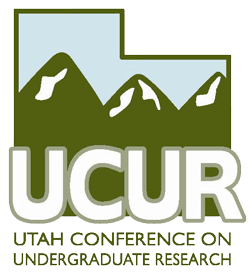Document Type
Presentation
Journal/Book Title/Conference
Presented at Utah Council for Undergraduate Research, February 28, 2014
Publication Date
2-28-2014
Faculty Mentor
Travis Dorsch
Abstract
Much has been written about the positive and negative influences of parents in sport and the mechanisms through which parents can enhance their involvement within youth sport contexts (e.g., Côté, 1999; Gould et al., 2006; Holt et al., 2009). Parents' previous sporting experiences or sports knowledge is often identified as a factor that might influence the appropriateness of parental involvement youth sport (Bowker et al., 2006; Holt et al., 2008; Knight & Harwood, 2010). Further, children (and coaches) have indicated that parents' own sporting experiences might alter the types of feedback or involvement children will actually accept from their parents (Knight et al., 2010; Knight et al., 2011). However, the specific ways in which parent experiences might influence their involvement in their children's sport is relatively unknown. Developing an understanding of this relationship is necessary as researchers and practitioners aim to better understand the factors that influence positive and negative parental involvement. As such, the purpose of this study was to examine how parents' previous sporting experiences influence their sport parenting style and practices. Specifically, this study sought to identify the influence of parents’ own experiences in sport (e.g., through their own youth sport participation), their experiences with children in sport (e.g., with older offspring), and their knowledge or understanding of sport (e.g., through education or coaching) on their present involvement. Open-ended survey data were collected from 102 mothers and fathers of children aged 6-18 in the USA, Canada, the UK, and Australia. Study data illuminate patterns of parent experiences that are consistent with authoritative sport parenting styles and adaptive practices (e.g., support), as well as patterns consistent with authoritarian parenting styles and less adaptive practices (e.g., pressure). Data hold the potential to inform both sport and family theory, as well as policy for parent involvement in organized youth sport.
Recommended Citation
Haderlie, Kyle, "The Impact of Parents’ Past Experiences on Parenting Styles and Practices in Organized Youth Sport" (2014). Presented at Utah Council for Undergraduate Research, February 28, 2014. UCUR. Paper 13.
https://digitalcommons.usu.edu/ucur/13


